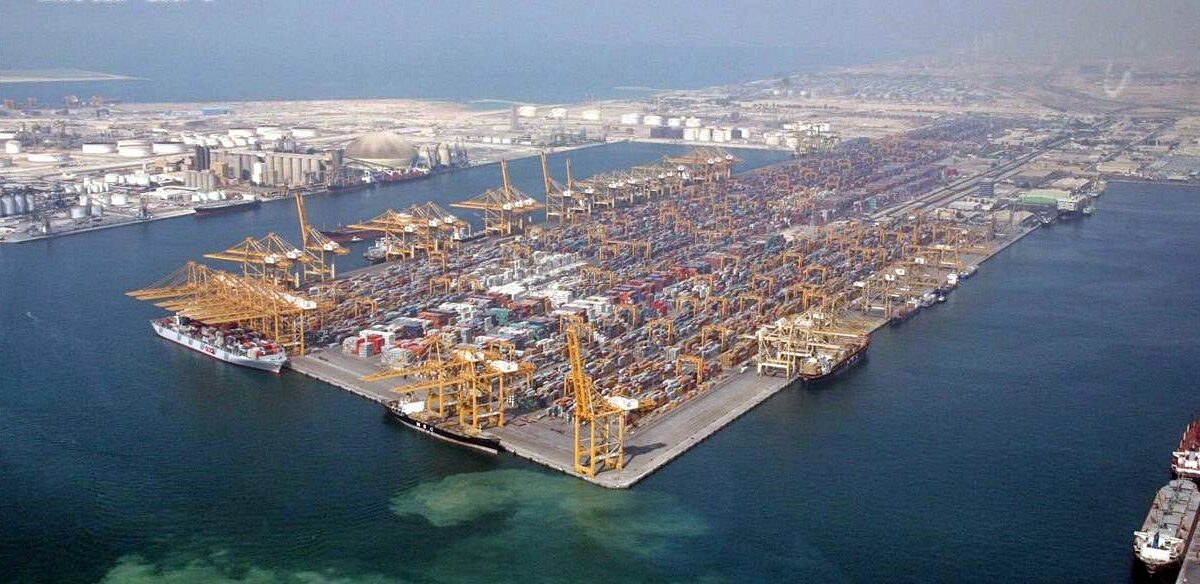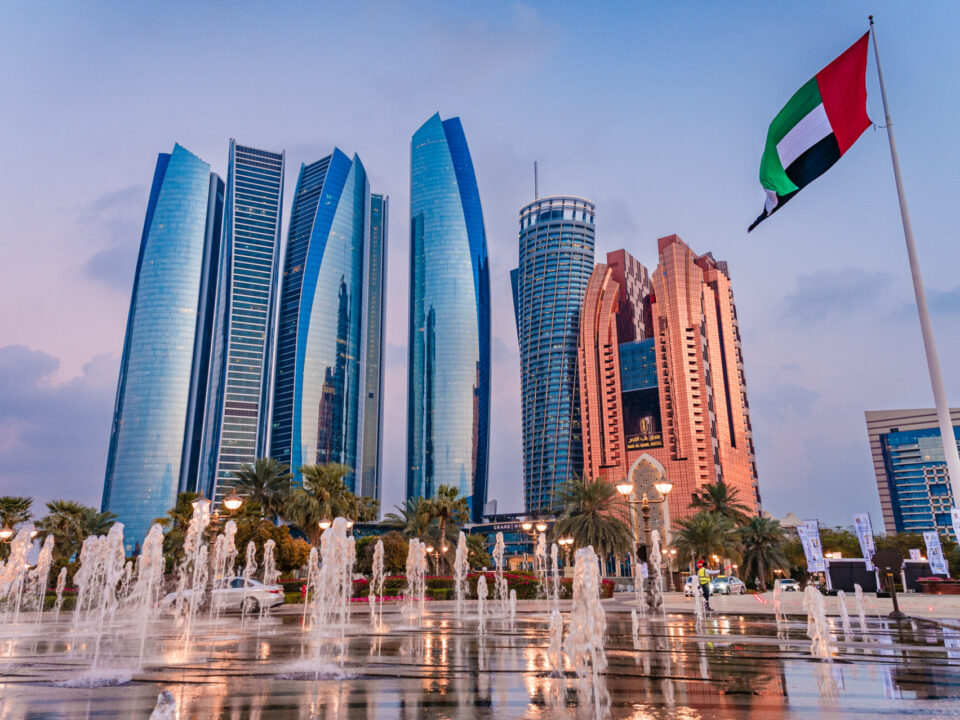
How to sell your product effectively in the GCC
June 2, 2025
Goods imported into the UAE – Key sectors and how to tap into them
June 3, 2025The city of Dubai has established itself as one of the most dynamic trading hubs in the world. With its strategic location, business-friendly regulations, and cutting-edge logistics infrastructure, Dubai is the gateway to billions of consumers across the Middle East, Africa, and Asia. Whether you’re a seasoned importer or just exploring new markets, understanding the Dubai import products list is essential to identifying opportunities that align with demand and maximize profitability.
In this article, we explore the top product categories imported into Dubai, analyze emerging demand trends, and show you how to leverage this information for your business expansion. We’ll also explain how Gulfinder supports importers through every stage—from compliance to commercial matchmaking.
Why Dubai is a key destination for global importers
Dubai’s success as a trade and import destination is rooted in several advantages:
- Strategic geography: Located between Asia, Europe, and Africa, Dubai offers direct access to over 2 billion consumers within a 4-hour flight radius.
- Free trade zones: With over 20 specialized free zones, companies benefit from 100% foreign ownership, no import/export duties, and simplified licensing.
- Tax incentives: Dubai has no personal income tax and highly competitive corporate tax rates.
- Advanced logistics: Ports like Jebel Ali and airports such as Dubai International Airport ensure rapid and cost-efficient movement of goods.
These factors make Dubai an ideal entry point into the GCC and MENA markets.
Top sectors covered in the Dubai import products list
If you’re looking for high-demand products to import into Dubai, the following sectors offer robust growth and consistent turnover:
- Food and beverage: Dubai imports the vast majority of its food. Key items include packaged health snacks, grains, frozen foods, and specialty beverages.
- Consumer electronics and accessories: Smart devices, home automation tech, and accessories like chargers and wearables remain high in demand.
- Automotive parts: Aftermarket car parts, performance upgrades, and spare parts for Asian and European cars see steady imports.
- Fashion and textiles: Apparel, footwear, and accessories (especially mid-range premium brands) do well in both retail and wholesale channels.
- Construction materials: With the ongoing development of real estate and infrastructure, construction imports like aluminum, tiles, and HVAC systems are consistently in demand.
How to use the Dubai import products list to identify business opportunities
Identifying gaps in the market starts with data. The Dubai import products list, available through customs statistics, chamber of commerce records, and Gulfinder’s own curated datasets, helps importers:
- Pinpoint which products are seeing year-over-year growth
- Evaluate seasonal or event-based demand fluctuations (e.g., Ramadan, Expo events)
- Compare current local supply with international options
- Determine compliance complexity for regulated items
Armed with this insight, importers can make informed decisions on which categories to enter, what price points to target, and how to structure their logistics.
Emerging product categories driving import demand
Dubai’s consumer market is evolving. Here are four categories gaining momentum:
- Health-focused goods: Organic food, wellness supplements, and fitness accessories.
- Eco-friendly products: Recyclable packaging, sustainable textiles, and biodegradable household items.
- Smart home devices: AI-powered lighting, security systems, and climate control.
- Ethical fashion: Brands with transparent sourcing and socially conscious manufacturing.
Importers entering these segments often enjoy less saturation and a strong narrative that appeals to modern, informed consumers.
Regulatory requirements and documentation
While Dubai simplifies business setup, all importers must comply with UAE regulations. You’ll typically need:
- Commercial invoice and packing list
- Certificate of origin
- Importer registration with Dubai Customs
- Product-specific approvals (e.g., food, cosmetics, electronics)
Delays and penalties occur most often due to incomplete documentation, HS code misclassification, or overlooked labeling rules. Gulfinder provides hands-on guidance to avoid these issues.
How Gulfinder helps you navigate the Dubai import market
At Gulfinder, we empower businesses entering the UAE market with end-to-end support:
- Market data reports tailored to your product
- Regulatory compliance guidance including documentation review and customs alignment
- Introductions to vetted distributors and retail buyers across sectors
- Trade show and B2B event facilitation to accelerate exposure and networking
With our insider knowledge and local partnerships, your import process becomes smoother, faster, and more profitable.
Dubai’s position as a global trading hub isn’t just about geography—it’s about opportunity. Understanding what’s in demand, how to navigate the system, and who to partner with can define your success. Whether you’re targeting electronics, food, fashion, or industrial goods, the Dubai import products list offers a roadmap to enter one of the world’s most lucrative markets.




